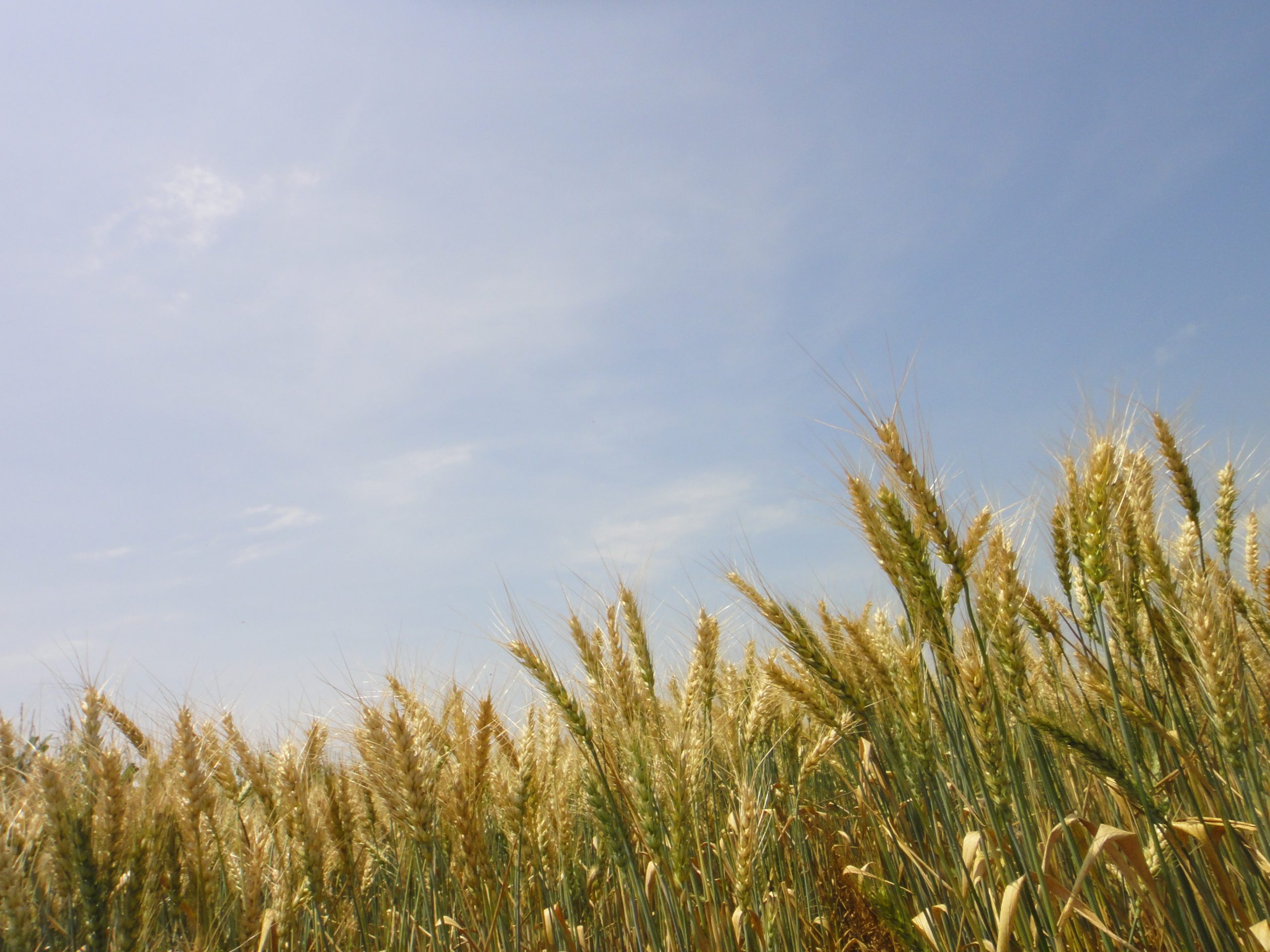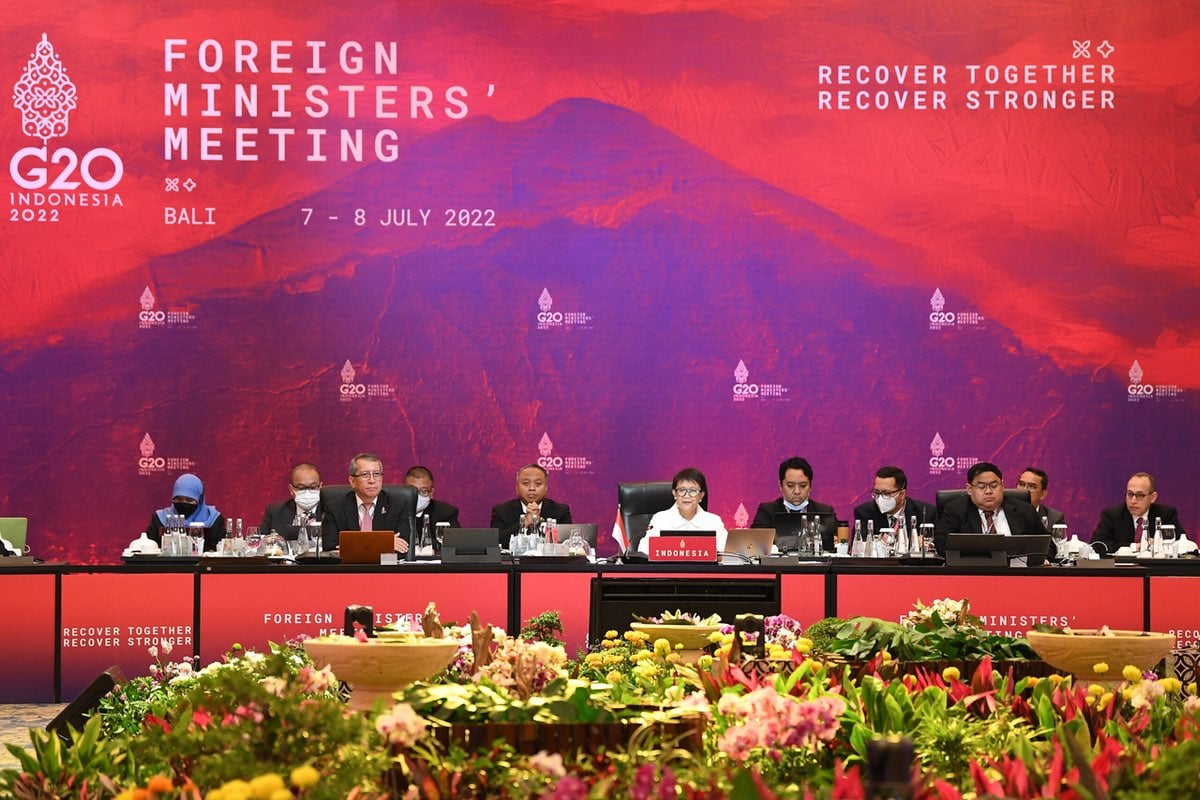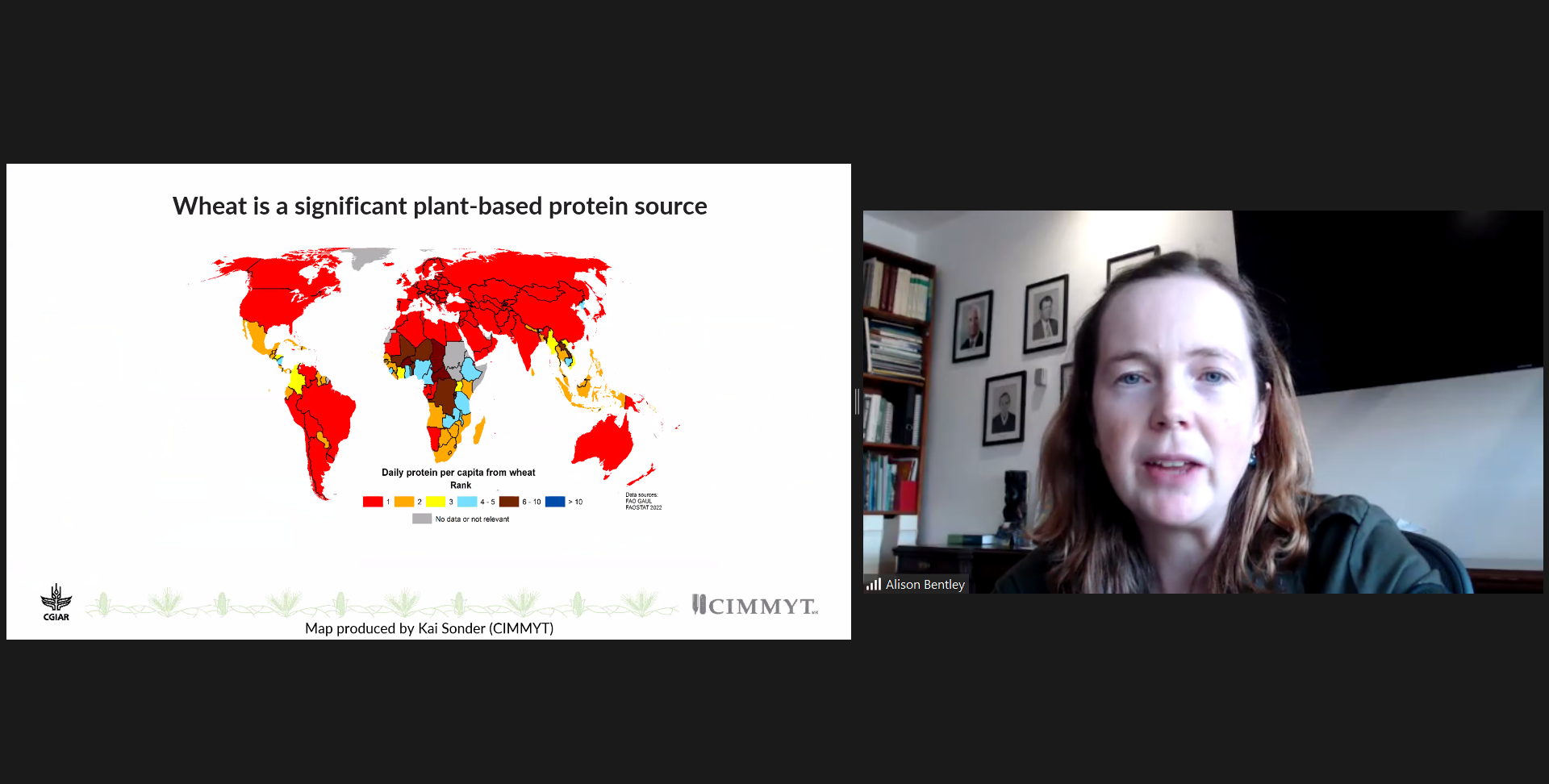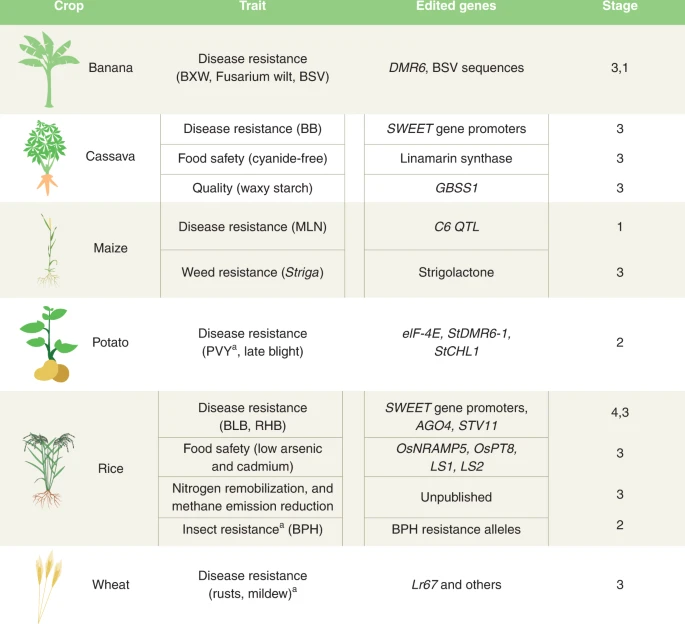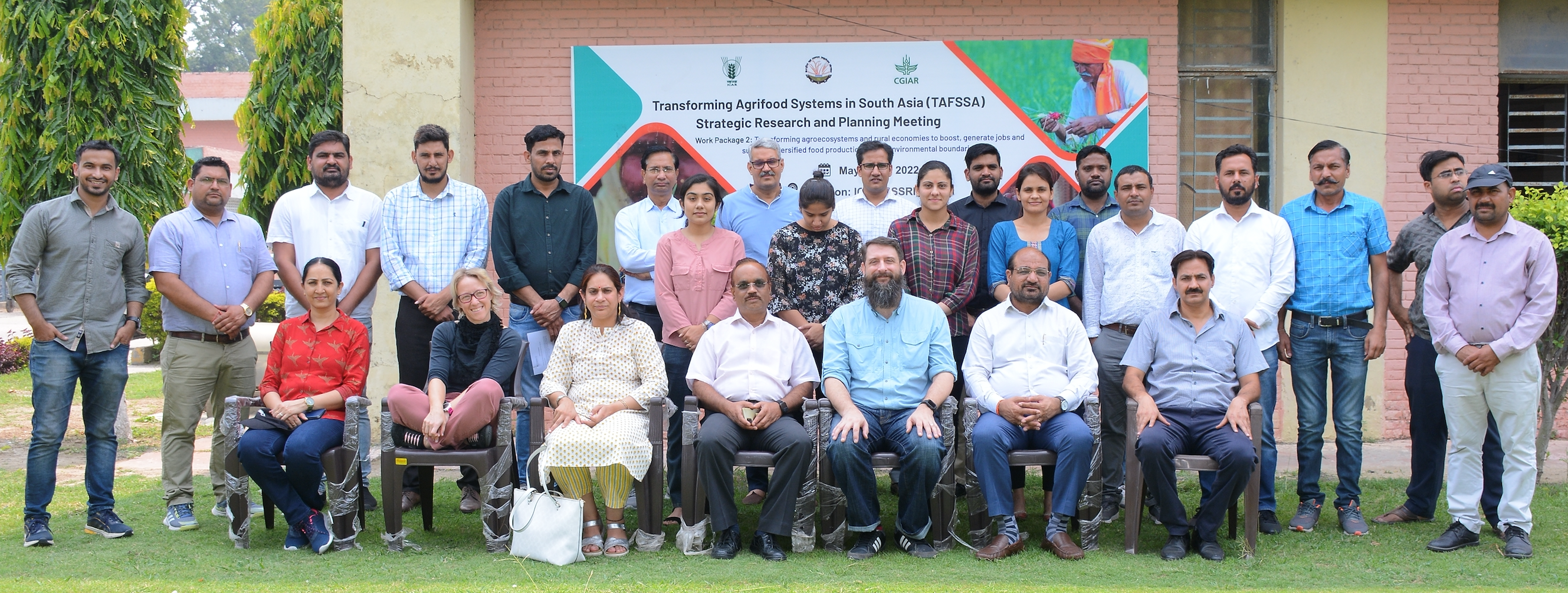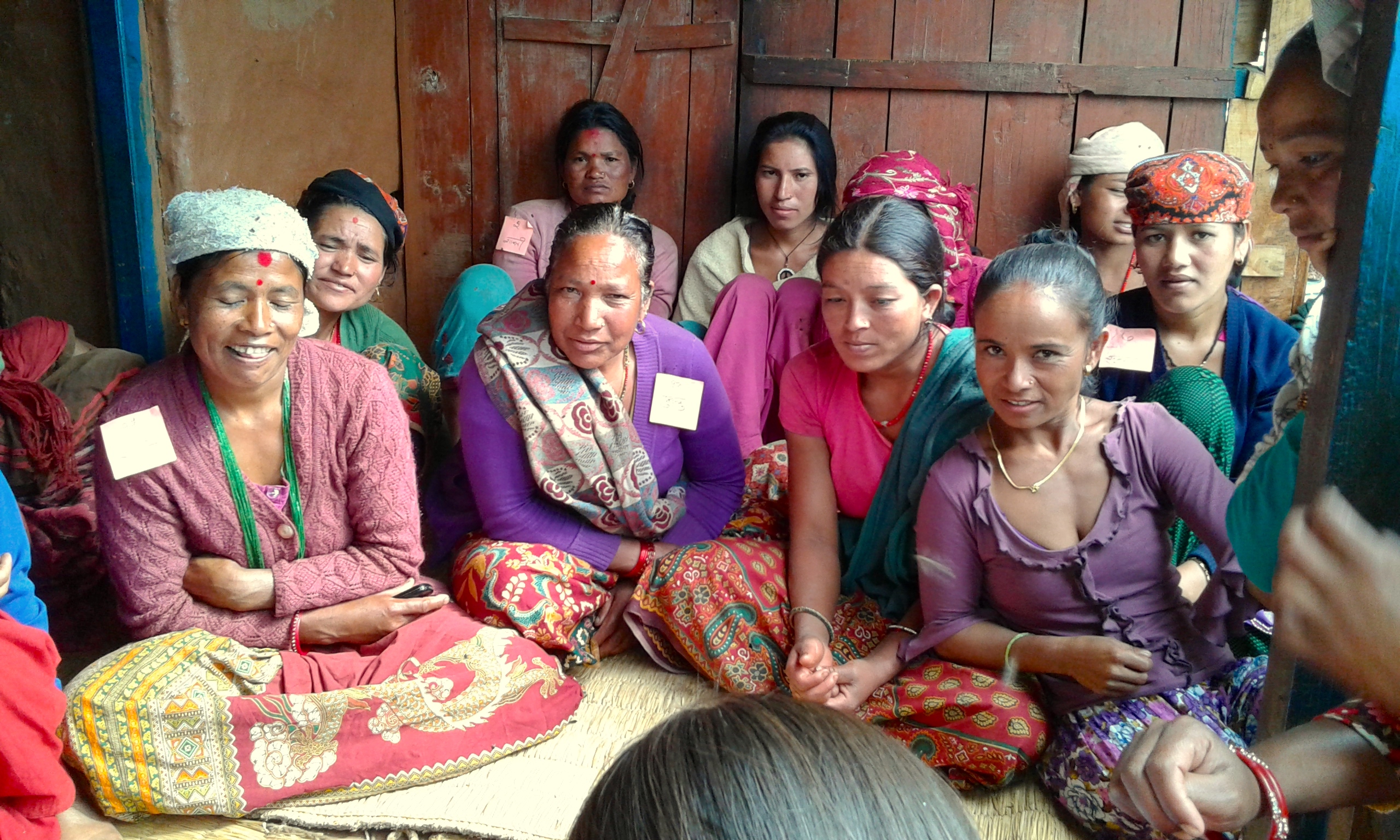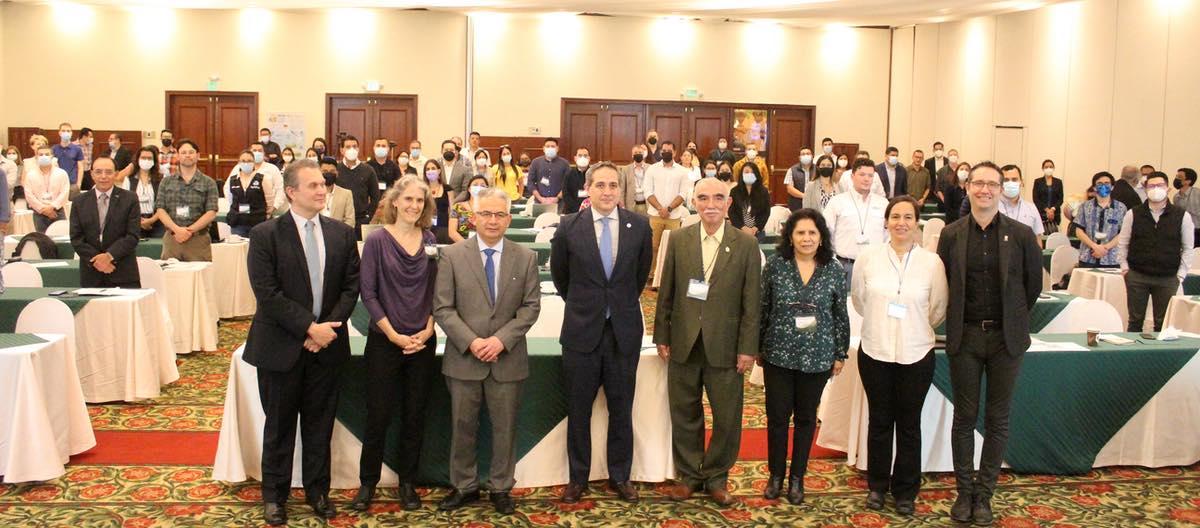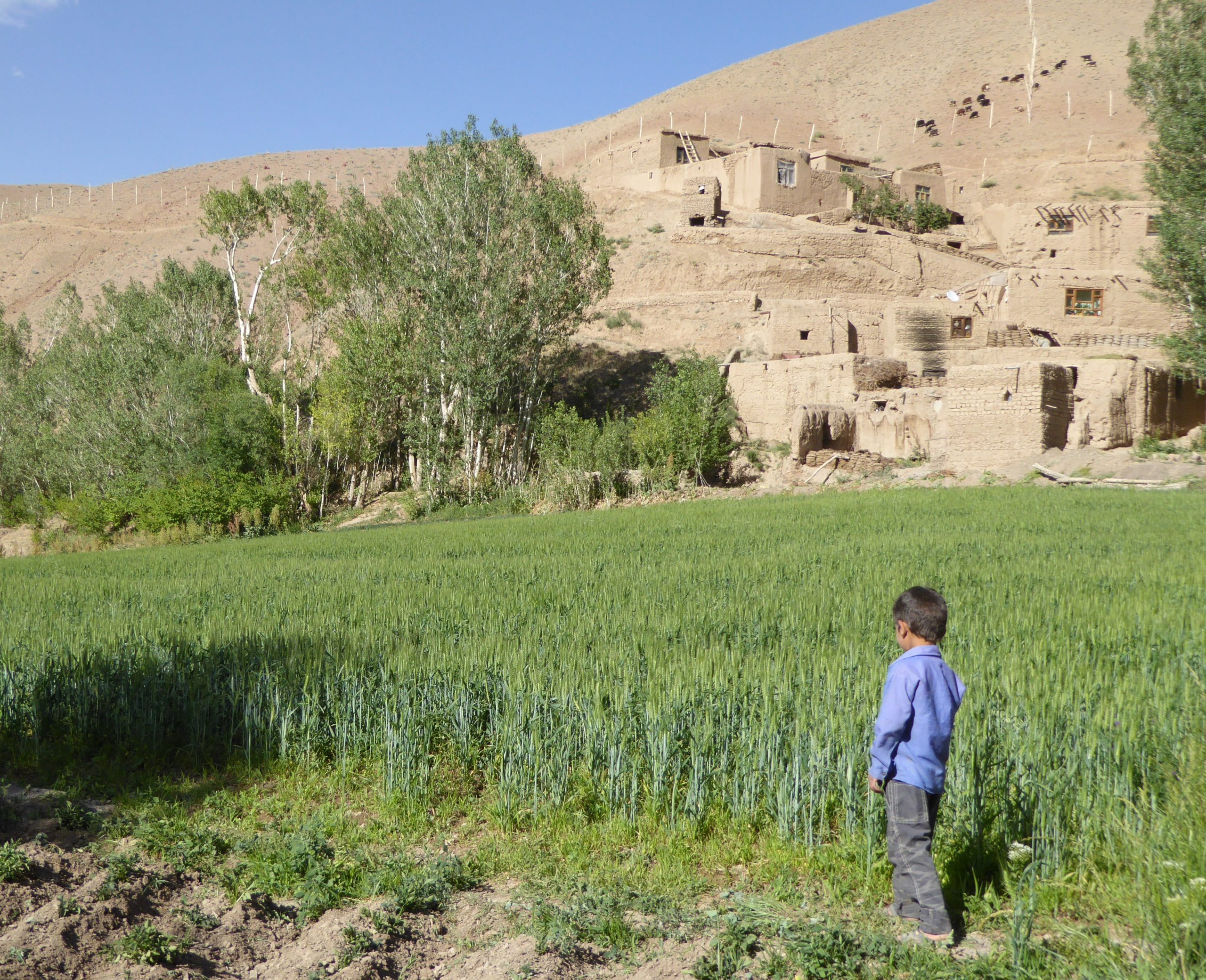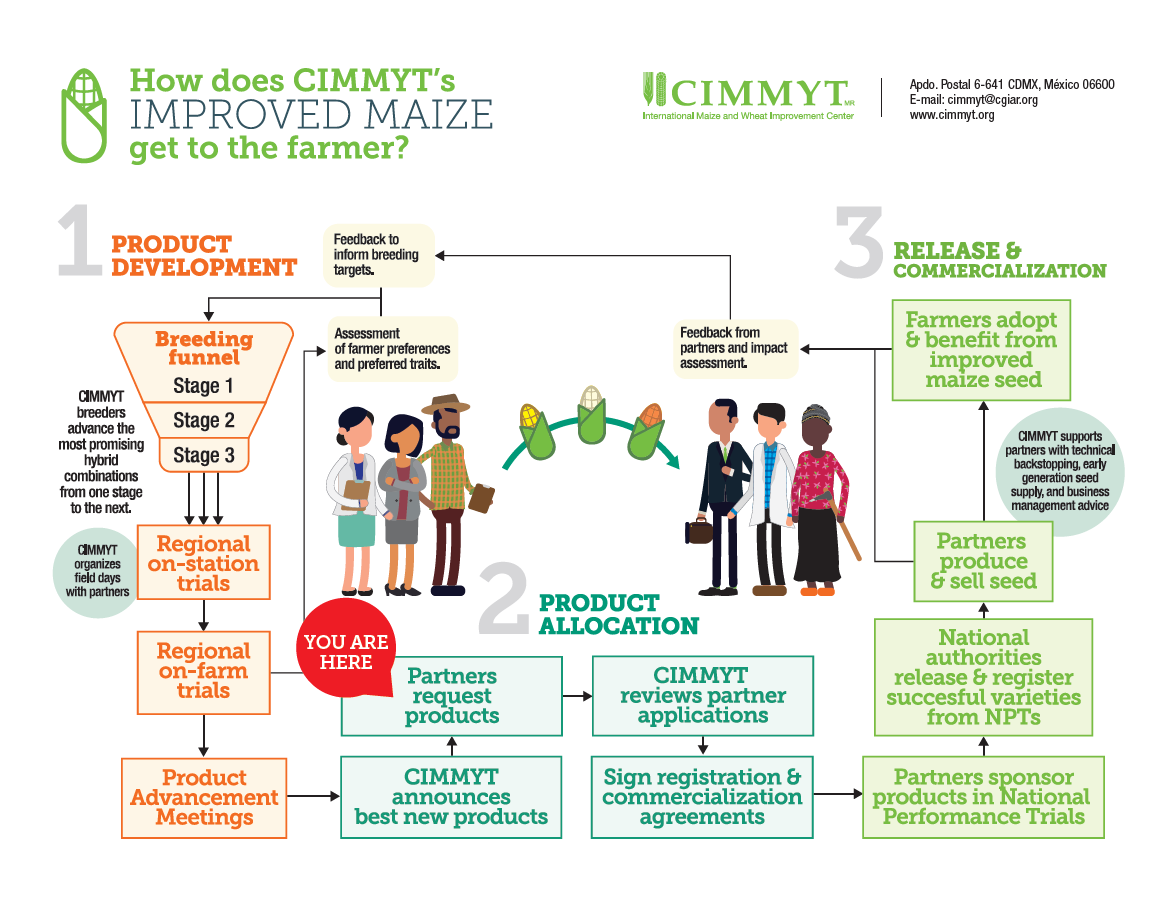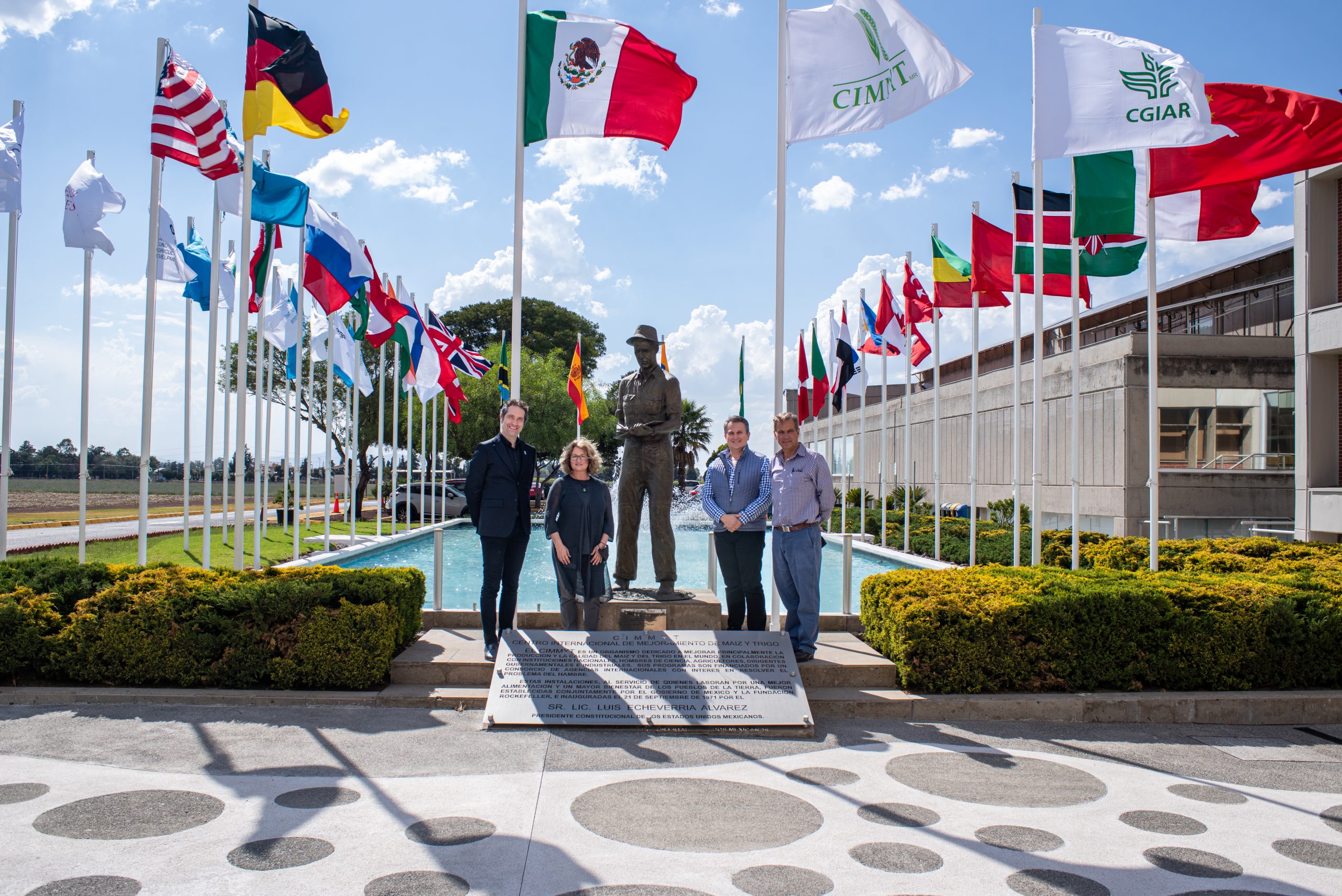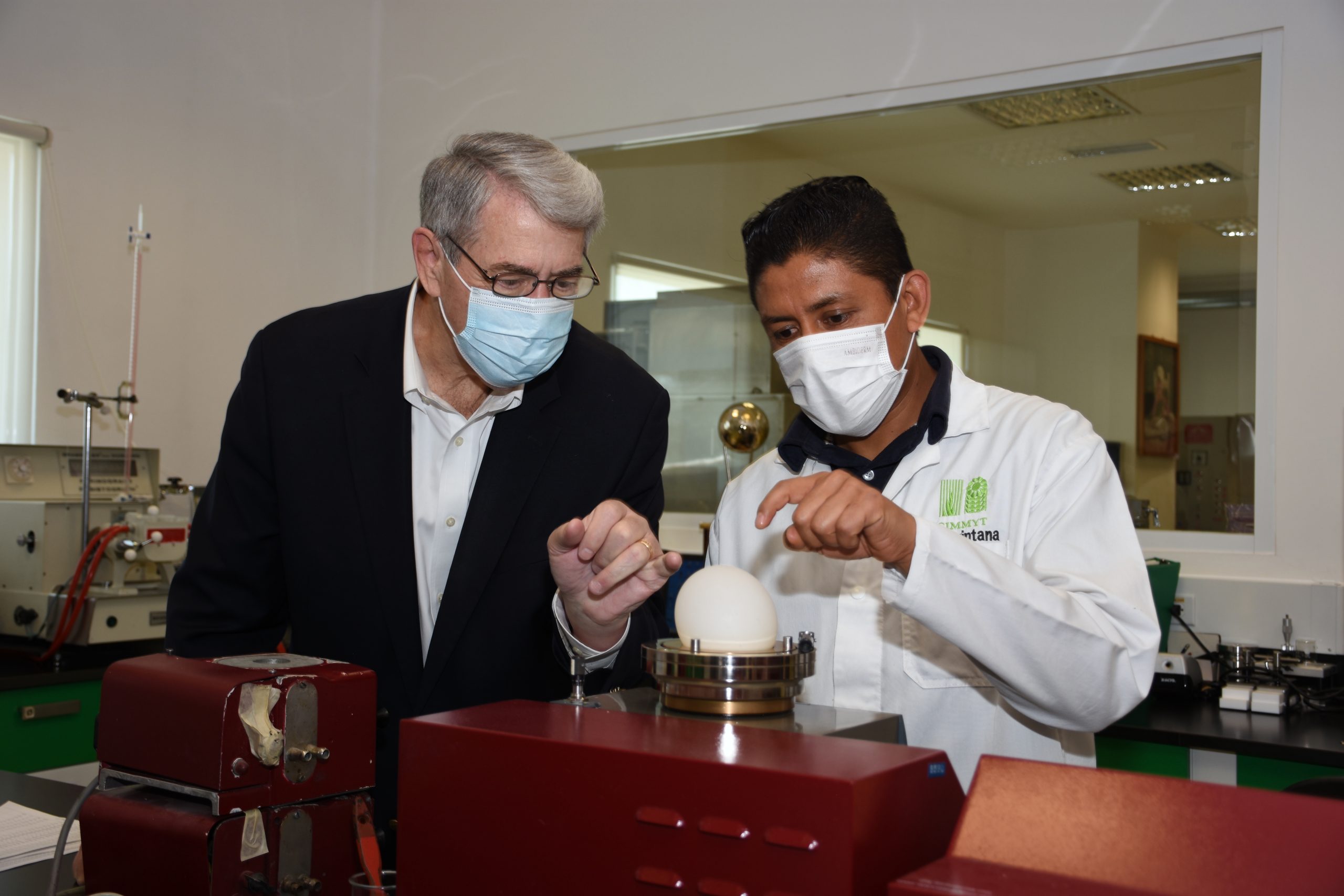Nutrition, health and food security
As staple foods, maize and wheat provide vital nutrients and health benefits, making up close to two-thirds of the world’s food energy intake, and contributing 55 to 70 percent of the total calories in the diets of people living in developing countries, according to the U.N. Food and Agriculture Organization. CIMMYT scientists tackle food insecurity through improved nutrient-rich, high-yielding varieties and sustainable agronomic practices, ensuring that those who most depend on agriculture have enough to make a living and feed their families. The U.N. projects that the global population will increase to more than 9 billion people by 2050, which means that the successes and failures of wheat and maize farmers will continue to have a crucial impact on food security. Findings by the Intergovernmental Panel on Climate Change, which show heat waves could occur more often and mean global surface temperatures could rise by up to 5 degrees Celsius throughout the century, indicate that increasing yield alone will be insufficient to meet future demand for food.
Achieving widespread food and nutritional security for the world’s poorest people is more complex than simply boosting production. Biofortification of maize and wheat helps increase the vitamins and minerals in these key crops. CIMMYT helps families grow and eat provitamin A enriched maize, zinc-enhanced maize and wheat varieties, and quality protein maize. CIMMYT also works on improving food health and safety, by reducing mycotoxin levels in the global food chain. Mycotoxins are produced by fungi that colonize in food crops, and cause health problems or even death in humans or animals. Worldwide, CIMMYT helps train food processors to reduce fungal contamination in maize, and promotes affordable technologies and training to detect mycotoxins and reduce exposure.
Essential actions to mitigate the food crisis, stabilize supply and transition to greater agrifood system resilience
 Nutrition, health and food security
Nutrition, health and food security
Experts propose short-, medium- and long-term practical actions to respond to the looming global food crisis catalyzed by the Russia-Ukraine war.
China calls on G20 to support CGIAR to boost global food security
 Climate adaptation and mitigation
Climate adaptation and mitigation
The G20 Foreign Ministers’ meeting held on July 7-8 in Bali saw Chinese State Councillor and Foreign Minister, Wang Yi, highlight support for CGIAR as part of a proposed cooperation initiative to boost global food security.
Cross-center learning between CIMMYT and WorldFish
 Climate adaptation and mitigation
Climate adaptation and mitigation
Collaboration between two CGIAR centers emphasizes opportunities for collaboration between agricultural researchers that could prove vital in the fight to establish food security.
Untapped potential of genome-edited crops explored in new research
 Nutrition, health and food security
Nutrition, health and food security
Analysis of evidence by scientists of the International Maize and Wheat Improvement Center (CIMMYT) and CGIAR concludes that the scientific risks of genome editing are similar to those of traditional breeding.
China to build international agricultural breeding center in Hainan
 Climate adaptation and mitigation
Climate adaptation and mitigation
Source: Xinhua News (14 Jul 2022)
A letter of cooperation has been signed in China to signal the start of a new partnership aiming to meet the global challenge of climate change and ensure food security.
Researchers plan transformation of agrifood systems in South Asia
 Nutrition, health and food security
Nutrition, health and food security
CGIAR Initiative will put nutrition first, to increase access to sustainable healthy diets, and will work with partners across the production-to-consumption spectrum.
Cereal seed value chains in Nepal
 Nutrition, health and food security
Nutrition, health and food security
A new study provides deeper insights into improving the performance of the country’s rice and maize seed value chains.
AgriLAC Resiliente presented in Guatemala
 Nutrition, health and food security
Nutrition, health and food security
Regional CGIAR Initiative will improve the livelihoods of farmers, and the resilience and competitiveness of agrifood systems, in Latin America and the Caribbean.
It is time to invest in the future of Afghanistan’s wheat system
 Capacity development
Capacity development
Afghan farmers need varieties with improved traits such as heat and drought resilience, incorporating functional variation from existing landrace collections.
New CIMMYT maize hybrid available from the Latin America Breeding Program
 Innovations
Innovations
CIMMYT is offering a new improved maize hybrid to partners, to scale up production for farmers in the region.
Remembering Ephrame Havazvidi
 Nutrition, health and food security
Nutrition, health and food security
Ephrame Havazvidi served on the WHEAT Independent Steering Committee from 2015-2021 and was a prominent plant breeder and crop expert.
CIMMYT and CGIAR senior leaders share vision ahead
 Nutrition, health and food security
Nutrition, health and food security
During two-day visit, CGIAR managing director and regional director deepen their understanding of CIMMYT’s research and impact.
2022 Excellence in International Service Award
 Environmental health and biodiversity
Environmental health and biodiversity
This award recognizes outstanding contributions to plant pathology by APS members for countries other than their own. Contributions may have been made through collaborative projects, sabbaticals, short- and long-term assignments with educational or governmental agencies, including, but not limited to, international centers and research institutes.
The race against time to breed a wheat to survive the climate crisis
 Climate adaptation and mitigation
Climate adaptation and mitigation
Source: The Guardian (12 Jun 2022)
CIMMYT scientists are using the biodiversity of forgotten wheat varieties from across the world to find those with heat- and drought-tolerant traits.
NASDA representatives visit CIMMYT
 Nutrition, health and food security
Nutrition, health and food security
Crop science and farming research attracts interest of National Association of State Departments of Agriculture of the United States.
